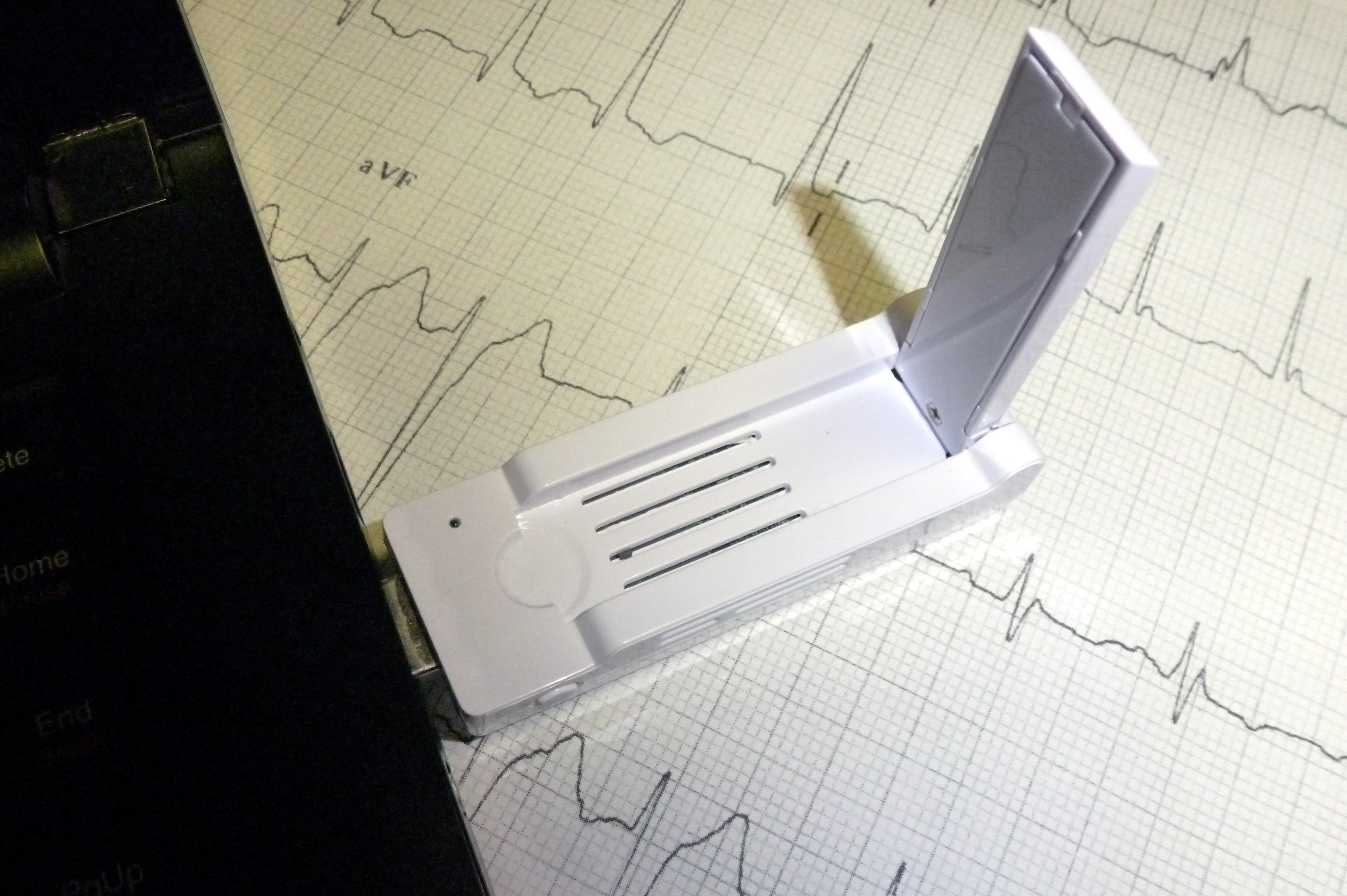Are WiFi signals bad for my health?
Putting your remote car key on your tongue also increases range.

Yes, we know that the idea of radio waves permeating through your residence does engender everything from concerns of inducing headaches, to increases in cancer, and even mind control. This is all enough for a select few to put on their tin foil hats, and move to Green Bank, West Virginia, the National Radio Quiet Zone (NRQZ) where all wireless transmissions are tightly controlled to facilitate scientific research. However, before we toss out our routers and pack our bags, let’s look at this a little more objectively.
The concerns go back over decade, and the potential disease was termed Electromagnetic Hypersensitivity (EHS). While not specific to wifi, individuals claimed vague symptoms to any source of electromagnetic radiation, including radio waves, and cellphone transmissions. The symptoms of EHS are all nonspecific, and included headaches, dizziness, nausea, palpitations, fatigue, tiredness and tingling. It should be realized that among medical professionals, this is currently not an accepted diagnosis, and currently has no treatment.
The very use of the term radiation brings up concern for health. However realize that WiFi is a non-ionizing radiation, as opposed to the ionizing radiation that is associated with nuclear plants, and X-rays. Furthermore, WiFi is closely regulated by the government, and devices have to comply to the low transmission standards of 100 milliwatts, which is why the range is quite limited.
Rather than sitting next to our wireless router, and waiting for a headache, we decided to peruse the medical literature for an answer to how real any potential health concerns from WiFi.
Research in this area gets done with “Sham WiFi,” where willing subjects are told they are being exposed to WiFi, which in some cases they are, and in other cases they are not. Researchers then look for a correlation to see if the symptoms of EHS can be associated with the actual WiFi exposure. Across multiple studies, including a review of thirty-one studies in this area published in Electromagnetics, there was no clear correlation found.
This leaves us wondering what is really going on here. It appears that this is a version of the “placebo effect,” with suggestible folks being convinced of the health detriments of wireless signals, but not confirmed by scientific research. Another study that came out this earlier this year suggests that media reports of potential symptoms from Wi-Fi may prime folks to develop these symptoms.
So, the bottom line on this is that there is no scientific evidence to support symptoms from WiFi. Therefore, cancel your travel plans to the NRQZ, put that tin foil hat back in the drawer, and keep using the wireless router.
Keep up to date with the most important stories and the best deals, as picked by the PC Gamer team.

